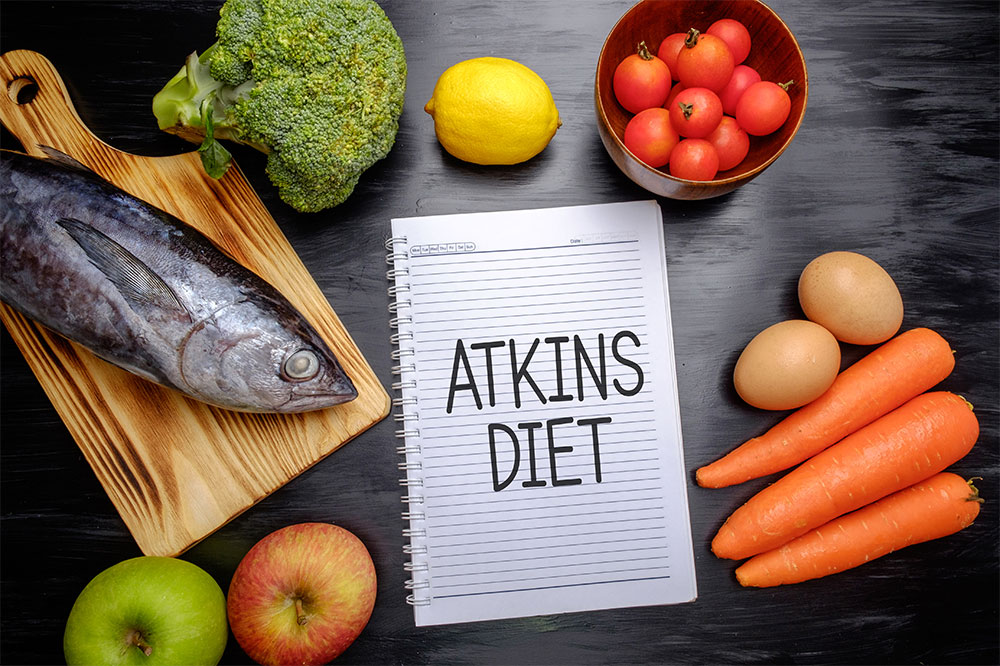Nutrition tips that help manage epilepsy

According to studies, diet can help improve seizure control in people who suffer from epileptic seizures. While these studies have been based on strict diets such as the Ketogenic diet, recent studies have shown that less restrictive diets such as the Low Glycemic Index diet and the modified Atkins diet can also be helpful in managing conditions such as epilepsy. When it comes to diet and dietary habits, they can be very hard to change, especially when a lot of changes are administered at the same time. Also, it is common for one to get all excited about a “new diet” in the beginning, but people tend to lose all that enthusiasm after a while. So, trying to make one change at a time is probably the best, sustainable way to start a diet, especially one that can help them manage certain conditions effectively.
Eliminating simple sugars: The very first and important step for following a diet and nutrition tips for living well with epilepsy is to eliminate foods that contain high amounts and concentration of simple sugars. This type of carbohydrates have high glycemic indices, which leads to them being absorbed rapidly by the body. Once one has eliminated these sugary foods completely for more than just a few weeks, they could probably find that one no longer has the desire to eat them at all. One’s body will be more satisfied with the next step of the diet—whole, natural foods.
Following a whole, natural foods diet: The step of following a wholesome, natural diet is a complex one that needs to be broken down into smaller, simpler-to-follow step. Healthy food items which have extremely little to no processing factor at all should be included in the diet. Foods that are minimally processed have a maximum of 3 ingredients. So, if one spies a food label listing with more than 3 ingredients, then they can be sure that that food item is processed. One needs to consume natural foods since they have the least amount of artificial ingredients and the highest concentration of minerals and nutrients.
People suffering from epilepsy should ensure that they consult their doctors before making any changes to their diet. A doctor, upon thorough examination, will recommend a healthy diet based on the person’s medical history. One of the types of diets that could be recommended for a person suffering from epilepsy could include a Ketogenic diet. In other types of diets, about 25 to 40% of the calories can be obtained from fat. In a Keto diet, around 80 to 90% of all calories can be obtained from fat. This means that a Keto diet will majorly contain fat components with little portions of carbs and protein. Typically, in a Keto diet, one can consume around 3 or 4 times more fat with every meal as compared to proteins and carbs combined. This could essentially mean the elimination of most high-carb food items such as sweets, pasta, and bread during the initial period. While doctors usually start off with such diets to help manage conditions like epilepsy, modifications are made later in the course of treatment to slowly introduce carbs for the benefit of the patient.

